In a tough economic climate, small business owners are always looking for ways they can improve performance. Check out these eight characteristics of a successful small business – could you adopt some of these and reap the rewards? How does your small business stack up?
Eight steps to success
International researchers have studied many small businesses and found that these characteristics consistently play a part in their success:
- Owners leading by example
- Having a simple business structure
- Information sharing among employees
- Employees are carefully chosen
- Employee commitment and loyalty
- Unique product or service
- Specific customer focus
- Prompt follow up
1. Owners leading by example
The owner or manager leads by example. He or she is usually the first to arrive, the last to leave. The owner knows everyone by name and their presence is obvious. They show a strong commitment, setting the standard in their work. This commitment should be easy to understand – after all, if they don’t work hard in their own company, how can they expect anyone else to take their business seriously?
2. Simple business structure
They operate a simple and open business structure, encouraging easy access to them for every employee. They value the contribution of each employee, many of whom are given the opportunity to influence aspects of the business that would ordinarily be denied them in a large hierarchical company.
3. Information sharing among employees
When employees receive information as soon as the owner does, goals, problems and concerns are discussed openly. Feedback on issues is encouraged and employees are asked to contribute their own ideas for making improvements and overcoming difficulties. It is often this aspect of open communication that employees appreciate the most, and it is fairly unique to small businesses.
4. Employees are carefully chosen
Employees are recruited very carefully, because owners recognise they are the lifeblood of any small business. They are hired on the basis that their knowledge, skills and abilities will be beneficial to the business, rather than because of friendships or family relationships. Employees are not only carefully chosen but are nurtured and trained so that both the employee and the business get the maximum benefit possible out of the relationship.
5. Employee commitment and loyalty
All employees should be committed and loyal; good performance is rewarded with praise, extra responsibility and/or money – poor performance is not. Consistently poor workers should be removed as they upset the rest of the team. A small business whose employees show maximum commitment and loyalty have a source of competitive advantage that is hard to copy or to beat.
6. Unique product or service
Most successful businesses have unique products or services such as their own designs, products, systems or some other aspect which sets them apart. This uniqueness is an important source of competitive advantage and one which many businesses work hard to sustain, adapting and innovating their products or services as their competition catches up.
7. Specific customer focus
Successful small businesses have a specific focus on their customers and are geared to supplying them with exactly what they want. This focus means adopting a market led approach, with the owners and managers consistently looking for ways to solve their customers’ problems and improve their products to match their customers’ requirements.
8. Prompt follow up
On occasions when an enquiry or complaint is received, a successful small business actively follows up and resolves them as quickly as possible. The results are promptly reported back to the customer and, in the case of complaints, measures are put in place to reduce the likelihood of similar issues reoccurring. Successful small businesses view complaints and problems as opportunities for growth and improvement within their business.
If you need help and support to get more out of your small business, then speak to us today. As small business specialists, we can help you review your performance and identify ways to improve, reduce your tax and generally help make your business more successful. Contact us today for a FREE no obligation meeting.




